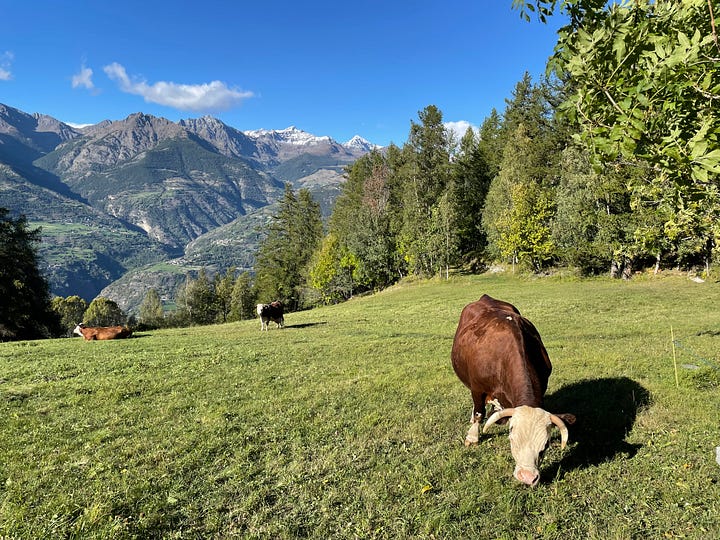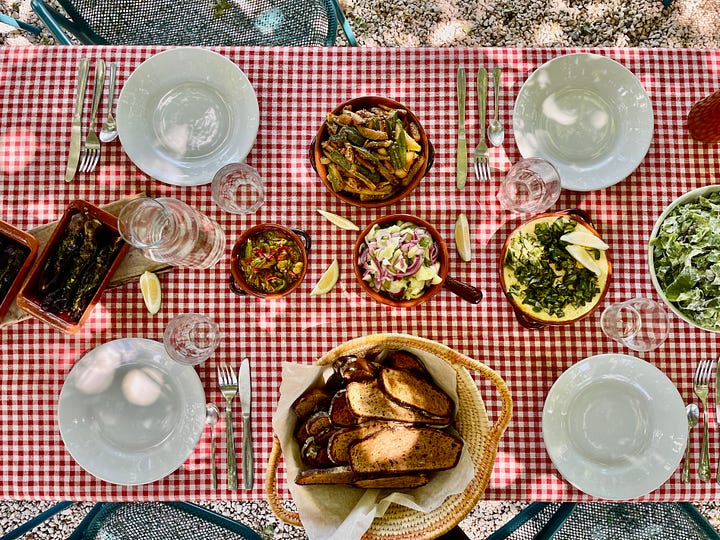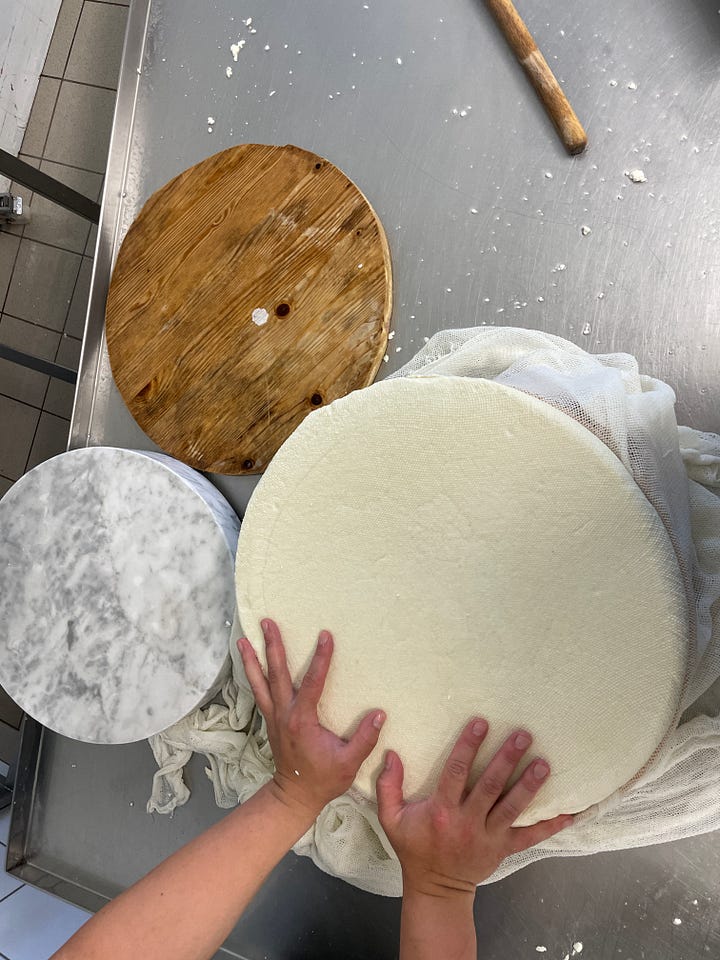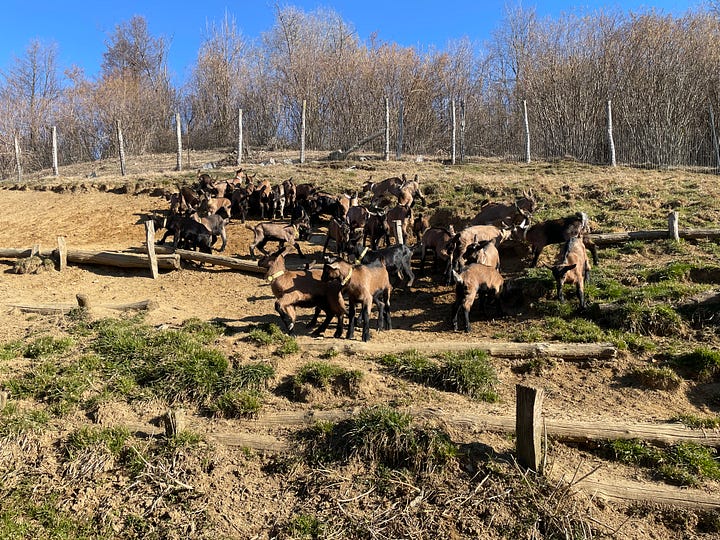How It All Started And How It's Going
I would say the last couple of years have been by far the most experience-filled, interesting, varied, hard, and the happiest time of my life. I often describe it as looking at a picture with high color saturation. For a long time I was hesitant about starting a blog about my experiences and was postponing it, even though I thought it might be something I’d enjoy. I think one of the reasons is probably that I was living every moment so vividly and profoundly that I would have trouble describing it in its fullest.
As time went on I have gotten more used to this lifestyle. I was becoming more confident and eager to share my experiences. I would talk for hours describing what happened in one week on my latest adventure. I could see how my friends were lighting up and enjoying the anecdotes. An important part in that was probably telling my stories in the way that I lived and felt them, keeping it real all the time. It is the only way in which I want to share them, along with photos taken by me.




Starting point. It all started right after I finished university. I studied organic agriculture and later focused on food production and safety within my master’s degree. As a student I wanted to take the opportunities offered by erasmus traineeship programmes and since my field of study was so varied, I quickly realized there is an overwhelming amount of possibilities. I remember spending a lot of time researching various volunteer opportunities, at first without a specific focus on a type of farm or even country. I have gotten familiar with websites like WWOOF, Workaway, HelpStay and HelpX and I still use them today when I’m looking for next experiences.
2021. My first erasmus traineeship (and first volunteer experience) was in 2021. For practical reasons I chose a farm in Italy, as it is close to my home country of Slovenia. I remember deciding on narrowing down my search to cheesemaking farms as it was something that always interested me and I thought it was a good place to start. I decided to contact a family farm I found through WWOOF, located in Valle d’Aosta. I often think back on what attracted me on the profile of that farm, as there weren’t any reviews at all or amazing pictures. I guess it was the simplicity in the way it was written and the positive energy it was filled with. I was lucky the first time but later on I have gotten better at recognising the importance of the profile description. As there really is a sea of choices when looking for volunteering opportunities, it has become a valuable skill. Also, my way of searching for next (volunteer) experiences to this day remains the same. I focus on what the particular farm is emphasising in their profile description, on the products they are making, the activities they do. (Of course, keeping one eye on constructive reviews). I never filter my search based on a specific region or city. I go wherever the farm I’m interested in is located, not the other way around. Nonetheless, I would say I have been very fortunate, as I have worked and volunteered on farms in some of the most beautiful environments I have ever seen.
2022. It was the first time in my life that I had the possibility to completely organize my year. A freeing and anxiety-filled thought. I graduated from the university the year before, I didn’t have any projects lined up and I wasn’t really looking for jobs. I got a taste of the farmer lifestyle in Valle d’Aosta and I wanted more. I strived to do my best, to fill the year in a sensible way, always keeping in mind the desire for a genuine experience. This for me meant a stay of 2 months or more. I ended up volunteering for 4 months at a cheesemaking farm that was recommended to me, located in the Italian region of Friuli-Venezia Giulia. It was and remains to this day the most well-organized farm out of all I have seen. I would go as far as saying it is a text-book perfect example of what this type of cheesemaking farm should look like. The experience there thought me a lot and helped me with narrowing down the type of farm I was interested in for my following experiences. In the second part of 2022 I returned to Valle d’Aosta, to work on the same farm where I was volunteering the year before. They have started a new project, opening their own restaurant. I was excited and still feel lucky to have been a part of the first season, even though it was by far the most challenging experience. I can’t wait to share more on it in the future posts, as it represents not only the hardest but also the most rewarding and eye-opening experience I ever had.
2023. I wasn’t done with cheesemaking. If anything I was beginning to feel slightly confident about the basics of milk transformation. I wanted to learn more. I contacted an agritourism-type farm through WWOOF that also makes goat cheese in Umbria. I volunteered there for almost two months in the beginning of the year before going to Ticino, Switzerland for a month on a seemingly similar farm, as it had the same number of goats and a small production of goat cheese. I should say that all experiences I had thus far were positive, because I made them so, as I always try to understand them in this way. The Switzerland experience thought me some lessons that I will not likely forget. It also made it easy for me to decide to return to the agritourism in Umbria where I ended up working from the beginning of summer to december. After that experience I would refer to myself as a cheesemaker, almost without first convincing myself.
2024. A whole new situation. Again. After a lot of thought I have decided to enrol back to university to do the PhD. Truthfully, I was trying to figure out the best way to mix the lifestyle of a Farmer On The Move (which I don’t want to give up), being able to travel even more and at the same time do research on agritourism farms. Taking from the experience I had thus far, I think combining agriculture and tourism to some extent is almost unavoidable for small farms and there is a whole spectrum of ways to connect the two. The trick is in finding the best balance, one that satisfies the demand (tourists) and doesn’t interfere (too much) with the lifestyle of providers (famers). That depends on individual situations and preferences and I find it interesting to see in what ways small authentic farms take it on. To some extent that is also my PhD topic, as I am researching agritourism farms in light of authenticity, sustainability and innovation. Once again I am able to gain experiences through student exchange programmes, some I have already planned for this year.



